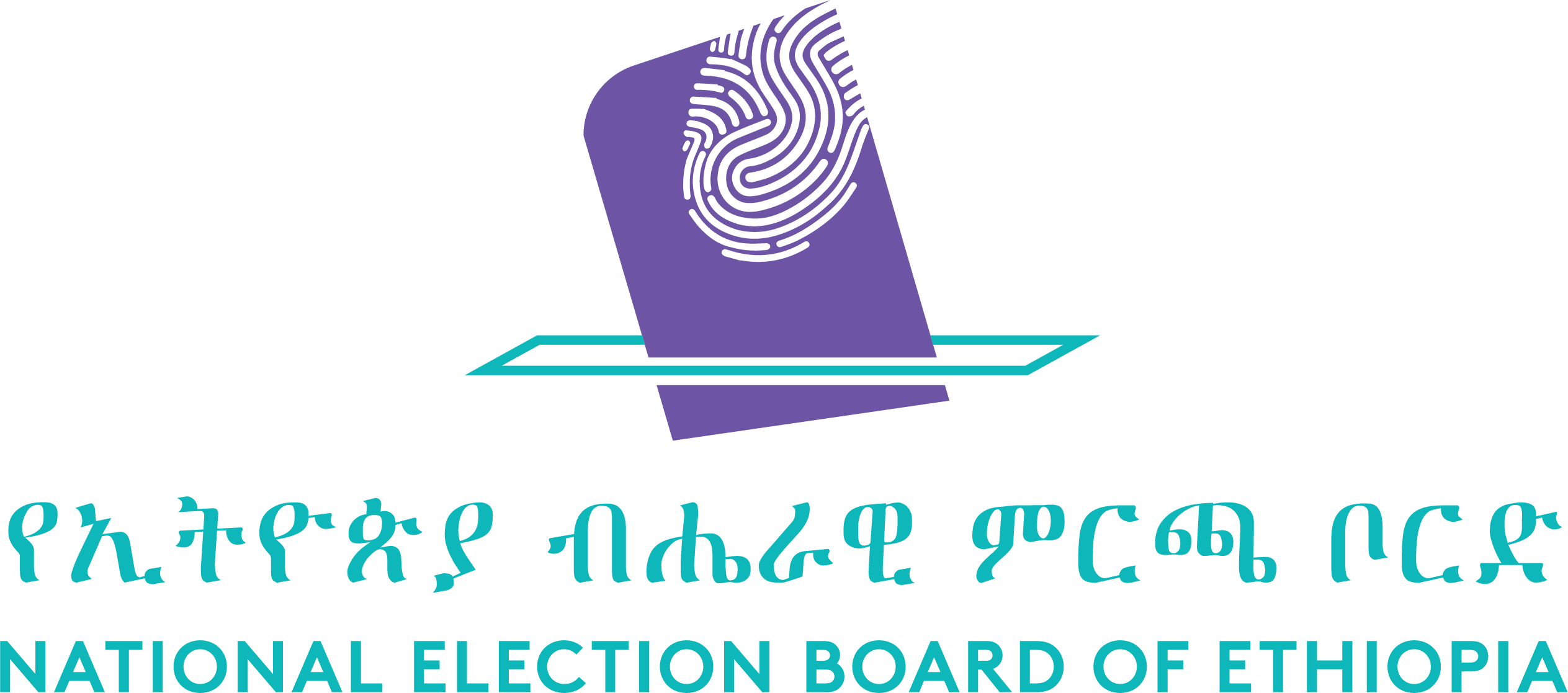The National Election Board of Ethiopia (NEBE) held consultation with civil society organizations and stakeholders on the continuity of civic education
The National Election Board of Ethiopia (NEBE) held consultation with civil society organizations and stakeholders on June 2, 2022 on the continuity of civic education. The consultation, opened by a speech from Woubshet Ayele, Deputy Chairman of the Board, had the objective of creating awareness on civil society organizations and institutions that their participation in civic education and voter education should not be limited to the election season. It also aimed to raise awareness of the role of the Board and other stakeholders in the continuation of civic education. The consultation was attended by Abera Degefa (Dr.) member of management of the Board and Melatwork Hailu, the office head of the Board. From stakeholders, in addition to the civil society organizations, representatives of higher educational institutions, experts in the sector, and media organizations were also present at the consultation.
In his opening statement, the Deputy Chairman of the Board recalled that civil society organizations and the media have been instrumental in the efforts of the Board to ensure the participation of citizens in the 6th National Election and emphasized that the contribution should be made not only during the election, but it should also be practiced as a continuous activity. He further explained that educational institutions are one of the Board's partners in voter and civic education as stipulated in the proclamation and requested the educational institutes to continue working with the board as they are the main owners of the education sector.
Following the Deputy Chairperson, member of the Board management Abera Degefa (Dr.) reiterated that voter education should not be limited to election periods. During the consultation, Debebe Hailegabriel, a law expert, presented a paper on the role of civil society organizations and other stakeholders in civic and voter education. In addition, the Board's Civic and Voter Education Department presented what the participation of civil society organizations and institutions looked like in the 6th General Election, and Shimeles Sisay (Dr.) gave his clarification on what is expected from whom to ensure the continuity of civic education in Ethiopia.
Although the Board possesses the mandate of issuing the criteria for Civics and Voter Education, democratic institutions play a major role, especially if well-organized and that civil society organizations have a great deal of potential in getting to know and mobilizing the community. He also explained the great contribution that the media can make in educating citizens at large all at once if they are able to fulfill their responsibilities. Explaining international experiences, he noted that there are countries that require the media by law to provide airtime to civic education bodies. He has also reminded politicians, in spite of their various agendas, that they have the responsibility making citizens aware of their basic rights. Higher education institutions are also intreated to expand their curriculum beyond their current scope.
The experts have explained that proper planning should be made by carefully identifying who the stakeholders are, and the course should be worked out by identifying how many citizens can be reached in how much time before the upcoming elections putting money and time factors into consideration. He also stressed the need to evaluate results by setting up regular monitoring and evaluation systems.
Participants of the consultation appreciated the Board for preparing the platform on civics and voter education though it is not the election period and outlined the issues that need to be addressed in the future, as well as the support that the Board and the government can provide. Some of the comments from participants included that the time allotted for civic education and in particular voter education is too short and that it should be increased; significant challenges are faced due to inadequate financial support to the sector; the attention given by the government should be more encouraging; and civic education should be institutionalized and provided in a sustained manner.
Responding to the concerns from the participants of the consultation, members of NEBE’s management stated that the Board will provide support to the best of its ability, and the efforts of the institutions are crucial for the desired improvement and change. The program was concluded with closing remarks by Woubshet Ayele, Deputy Chairman of the National Election Board of Ethiopia.
National Election Board of Ethiopia
